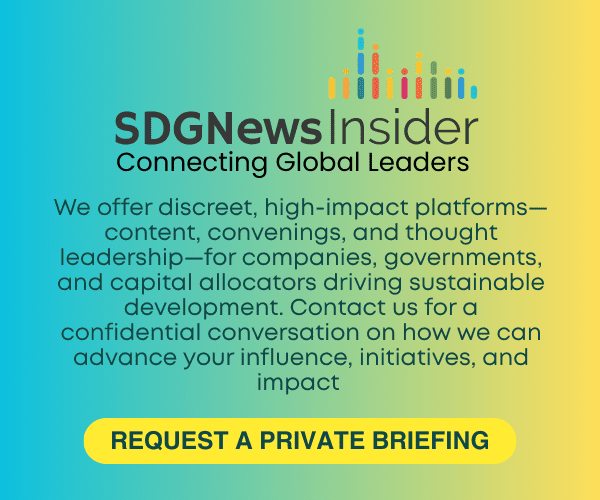Key Impact Points:
- 73% believe equity should be a business priority, but only 59% feel personally responsible.
- Seven practices identified to develop a holistic approach to advancing equity.
- Collective actions amplify individual efforts in creating equitable outcomes.
Deloitte’s DEI Institute™ has released a report titled The Power of “I” in Equity Report, emphasizing the influence individuals at all organizational levels—from C-suite executives and middle managers to frontline workers—have in advancing workplace equity. The report identifies practices to develop a holistic approach to awareness and action across all encounters, whether professional or personal. These practices serve as a guide to understanding and advancing equity.
“The report offers suggestions on how to engage in each practice and provide self-reflective questions to prompt ongoing curiosity and growth. The goal is to make a practice of this work, leading to an overall mindset shift that will guide the habits individuals develop, the choices they make, and the impact they have on those around them.” – Joanne Stephane, Executive Director, Deloitte’s DEI Institute
Background
Organizations that prioritize equity tend to attract top talent, build stronger teams, and foster innovative cultures. However, achieving this requires recognizing the roles of all individuals—from executives to frontline workers. According to a survey by Deloitte’s DEI Institute, while 73% agree on the importance of equity, only 59% feel a personal responsibility to act.
Current Developments
The report outlines seven practices to advance equity: Observe, Acknowledge, Question, Challenge, Accept, Act, and Connect. These practices guide individuals to notice inequities, reflect on personal biases, stay curious, challenge long-held beliefs, take responsibility, act intentionally, and connect with others to champion equity together.
Impact and Implications
Observation:
- Take notice of inequities and identify patterns in outcomes.
- Reflect on the connection between behaviors and systemic results.
- “You cannot solve a problem you do not notice.”
Acknowledgment:
- Reflect on personal experiences and systemic advantages or disadvantages.
- Understand how history influences current inequities.
- “Practice by continuously seeking to understand, learn, and make connections to the potential root causes.”
Questioning:
- Stay curious and connect personal motivations to advancing equity.
- Follow curiosity to expand understanding and effect change.
- “Humility and honesty with yourself about what you do and do not know can help you identify where you may have more to learn.”
Challenge:
- Proactively challenge personal and organizational beliefs that support the status quo.
- Embrace discomfort to drive deeper understanding and change.
- “Core beliefs shape assumptions about the world around you.”
Acceptance:
- Own your role and responsibility in advancing equity.
- Be intentional and accountable in your actions.
- “Owning your role means understanding and accepting your personal responsibility, capacity, and power to make change.”
Action:
- Start with small, intentional steps that build toward larger impacts.
- Focus on sustainable, long-term change.
- “The goal here simply is to start. Try not to get overwhelmed by the assumption that steps toward equity must be big and complex.”
Connection:
- Engage with others committed to equity.
- Leverage collective action to amplify impact.
- “Connecting in these ways can make you more aware of the power of collective action.”
Conclusion
Advancing equity requires individual commitment and collective effort. By practicing the seven outlined behaviors, individuals can contribute to creating more equitable workplaces and societies. Deloitte’s DEI Institute emphasizes the power of “I” in driving meaningful change through personal responsibility and actions.
Call to Action
Start with self-assessment and commit to continuous engagement in equity-related practices. Encourage colleagues to do the same, creating a ripple effect that drives systemic change.
Related Article: Strengthening Supply Chain Resilience in a Disruptive World

 Follow SDG News on LinkedIn
Follow SDG News on LinkedIn











